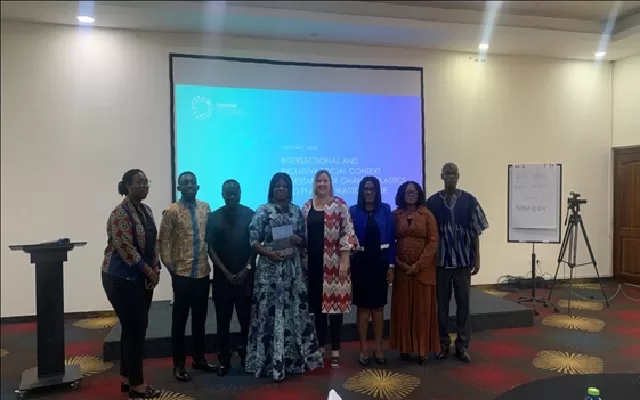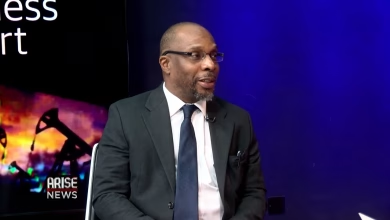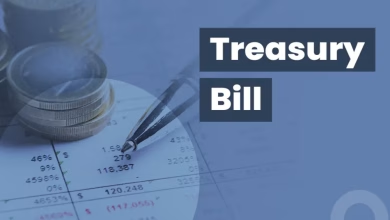Ghana: ‘60% Females Engaged In Waste Picking’ – Report

- 60 percent of females found in the sector’s workforce
- Government had developed various programmes and policies
- Commission was pleased to support NPAP to undertake the assessment
An assessment report of Ghana’s informal plastic waste sector has revealed that approximately 60 percent of females found in the sector’s workforce fell within the waste picking category.
In terms of categorisation of diverse groups of informal waste actors, the report indicated that out of the 390 sample population of informal waste actors in the plastic waste value chain, 90 per cent were directly involved in the collection and picking of waste, while less than 10 percent were involved in the recycling and processing of the plastic waste.
Additionally, 57 percent of the actors, according to the report, fell under the youth category, with 23.08 percent and 20 percent constituting children and the elderly respectively.
Launched by the National Plastic Action Partnership (NPAP), the Inclusive Context Assessment of the Informal Plastic Waste Sector report provided a comprehensive understanding of the inequalities and marginalisation faced by various groups within the country’s informal plastic value chain in six regions, namely, Ashanti, Greater Accra, Northern, Central, Eastern and Western regions.
The report was based on a study conducted by the NPAP Secretariat with support from Global Affairs Canada in May 2022, which uncovered significant roles played by men and women across various sectors in the plastic industry.
Speaking at the launch of the assessment report, the Minister for Environment, Science, Technology and Innovation, Mrs. Ophelia Mensah Hayford, said it provided an opportunity for reflection and cross-sectorial planning of actions to address the existing inequalities in the plastic value chain.
She noted that government through her ministry had developed various programmes and policies to help address the issue of plastic waste management.
The programmes and policies, she said included the national plastic management policy, Global Environment Facility-funded Circular Economy Framework for Plastics in Ghana, among others.
She also expressed her profound gratitude to the Global Plastic Action Partnership and the Canada High Commission in Ghana for the financing of the assessment.
The Ministry, she said, was committed to taking steps to implement the recommendations of the report.
The Director and Head of Cooperation at the Canada High Commission in Ghana, Mrs. Kathleen Flynn-Dapaah, in her remark, said the Commission was pleased to support NPAP to undertake the assessment as it was better to understand the various actors and stakeholders integral to the plastic value chain in the country.






